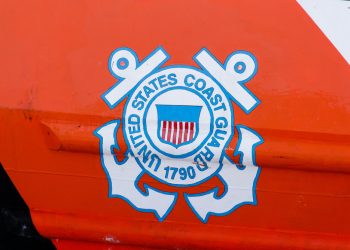A new research project at Kalmar maritime academy aims to map out methods and strategies to reduce the risk of negative special treatment within the shipping industry. Working at sea, often for many months, means that a person who is subjected to harassment may face difficulties to withdraw and little opportunity to receive support.
The shipping industry’s MeToo call #lättaankar united 1,150 women seafarers and has brought commitment from the industry. Currently, focus has been on reporting rather than preventing negative special treatment. A new research project initiated at Kalmar maritime academy at Linnaeus University, named: ‘Practical work environment management for an equal shipping industry’, aspires to change this.
Cecilia Österman, senior lecturer in maritime science, said:
We want to achieve change, in the short term as well as in the long term. We want to contribute to a safe, efficient, and equal shipping industry, where everyone’s competence and skills are made the most of
[smlsubform prepend=”GET THE SAFETY4SEA IN YOUR INBOX!” showname=false emailtxt=”” emailholder=”Enter your email address” showsubmit=true submittxt=”Submit” jsthanks=false thankyou=”Thank you for subscribing to our mailing list”]
The project will attempt to identify, evaluate, and compile current methods and strategies for decreasing the risk of negative special treatment. The evaluation will be conducted together with a reference group with representatives from shipping companies, employee organisations, and networks of professionals within the shipping industry.
The research project has been awarded SEK 1.2 million in funds from AFA Försäkring and will last for two years, until January 2021.
We have both worked at sea earlier in our careers, Magnus as a deck officer and I as a marine engineer. We are really passionate about contributing to making a fantastic industry even better!
Ms. Österman concluded.






























































